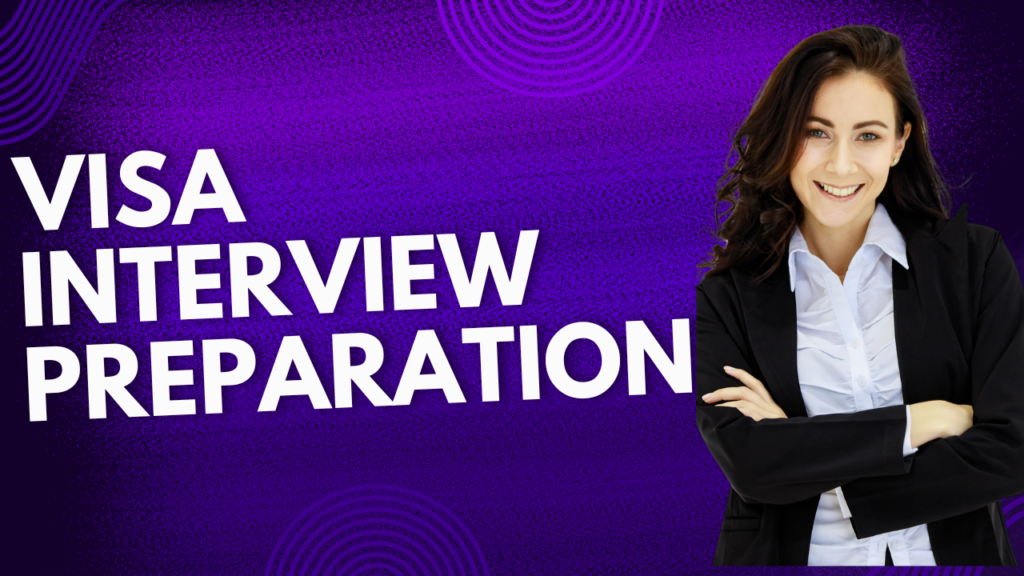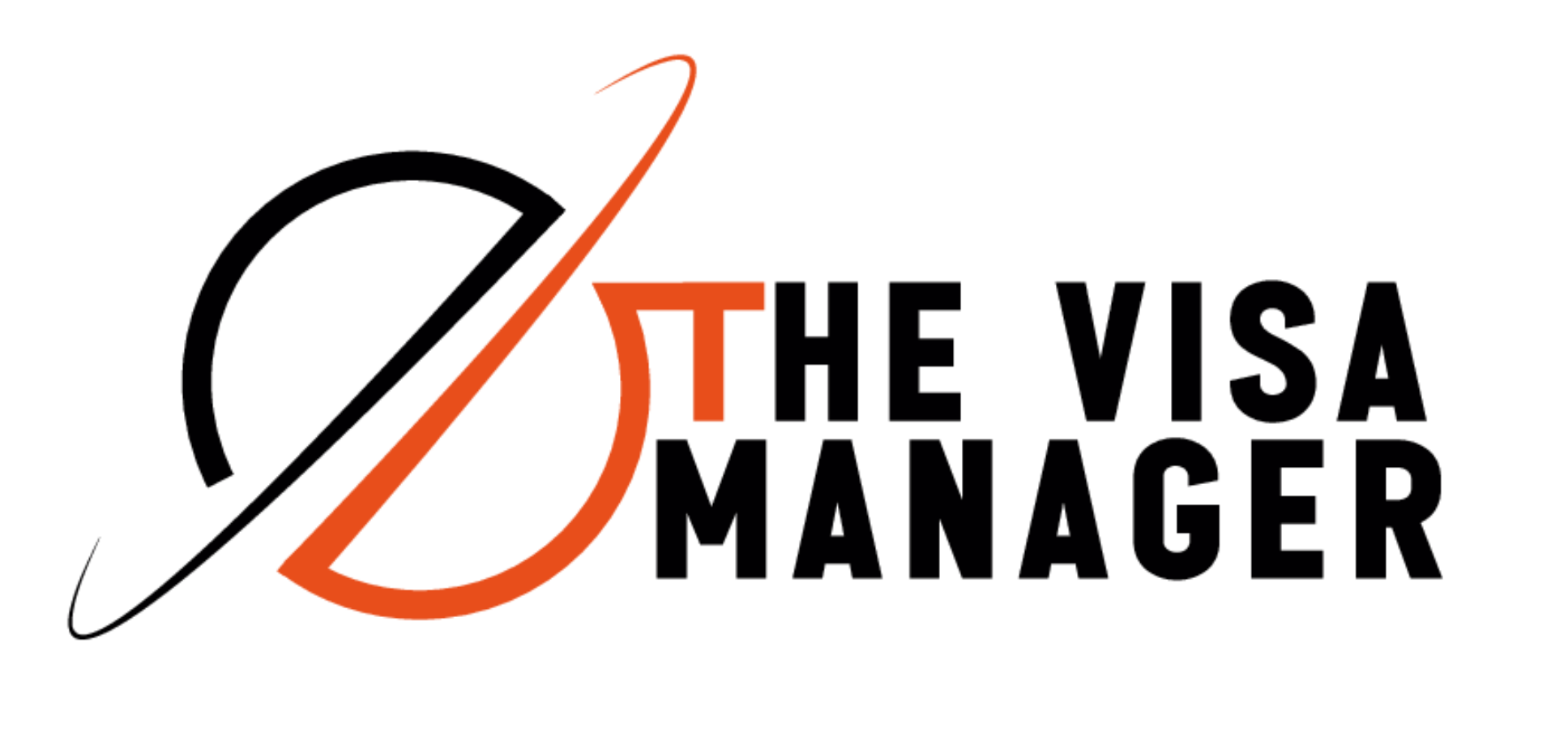
The visa interview is often the final hurdle in the visa application process. For many, it can be the most nerve-wracking part, but with the right preparation, you can increase your chances of success. Whether you’re applying for a tourist, student, business, or medical visa, this guide will help you feel confident and ready for your interview.
Know the Purpose of Your Visit
The most important part of your interview is explaining why you want to visit the country. Be clear about your purpose, whether it’s for tourism, study, work, medical treatment, or any other reason. Make sure your answers are consistent with your visa application and supporting documents. Avoid giving vague or incomplete answers, and always speak truthfully.
Tourist Visa: Explain the places you intend to visit and why you chose that destination.
Student Visa: Talk about your course of study, why you chose the institution, and how it aligns with your career goals
.Business Visa: Clarify your business objectives, the company you represent, and the meetings you plan to attend
.Medical Visa: Provide details about the medical treatment you need, the healthcare provider, and your treatment plan.
Gather and Organize Your Documents
Your visa officer will expect you to provide proof supporting your visa application. These documents are essential in verifying the legitimacy of your trip and your financial stability.
Common documents include
1] A valid passport
2] Visa application confirmation
3] Travel itinerary
4] Proof of funds (bank statements, pay stubs, etc.)
5] Letter of invitation (if applicable)
6] Accommodation booking or proof of stay
7] Travel insurance (if required)
8] For students: acceptance letter from your school/university
9] For business: company letters, invitation from business partners, or details of meetings
10] For medical visas: medical reports and appointment confirmation
Make sure to have both original documents and copies ready to present.
Be Honest and Confident
Visa officers are trained to spot inconsistencies, so it’s crucial to be honest in all your answers. If you don’t know the answer to a question, it’s okay to admit that instead of guessing or providing incorrect information. Keep your answers straightforward and avoid over-explaining.
Confidence is key. Remember, the visa officer’s goal is to determine whether you intend to follow the visa rules and return to your home country after your visit. Stay calm, make eye contact, and speak clearly during the interview.
Prepare for Common Questions
There are a few standard questions you may anticipate, though the questions can change depending on the sort of visa you are applying for. It will make you feel more prepared if you practice your responses in advance.
Here are some typical questions:
Why are you visiting this nation?
Clearly state your purpose and ensure it matches your application details.
What is the duration of your stay?
Provide specific dates based on your itinerary.
During your visit, where will you stay?
Mention your accommodation arrangements (hotel bookings, staying with friends/family, etc.).
Who is financing your travel?
Explain your financial situation and who will cover the costs of your trip.
Do you have any friends or family in the nation?
Be honest about any connections, as the visa officer may ask for further details.
In your own nation, what do you do for a living or for study?
Discuss your current job or studies, as well as any plans you have after returning home.
What connections do you have to your native nation?
This is one of the most important questions. Mention your job, family, property, or anything else that will require you to return after your visa expires.
Dress Appropriately
First impressions matter. Dress professionally and conservatively for your interview, as it demonstrates that you are serious about your application. While there’s no need for formal wear unless required by your profession, wearing business casual attire is a safe bet.
Arrive on Time
Punctuality is critical. Arrive at the embassy or consulate at least 15 to 20 minutes early to allow time for security checks. Arriving late may not only cost you the interview slot but also leave a negative impression.
Be Ready for Follow-Up Questions
In some cases, the visa officer may ask follow-up questions based on your answers. Stay calm and don’t rush to respond. Take a moment to collect your thoughts and provide clear answers. If they need further clarification, they may ask for additional documents—ensure you have your files organized and accessible.
End on a Positive Note
Once the interview is complete, thank the officer for their time. Regardless of how you feel about your performance, staying polite and composed will leave a positive final impression..
